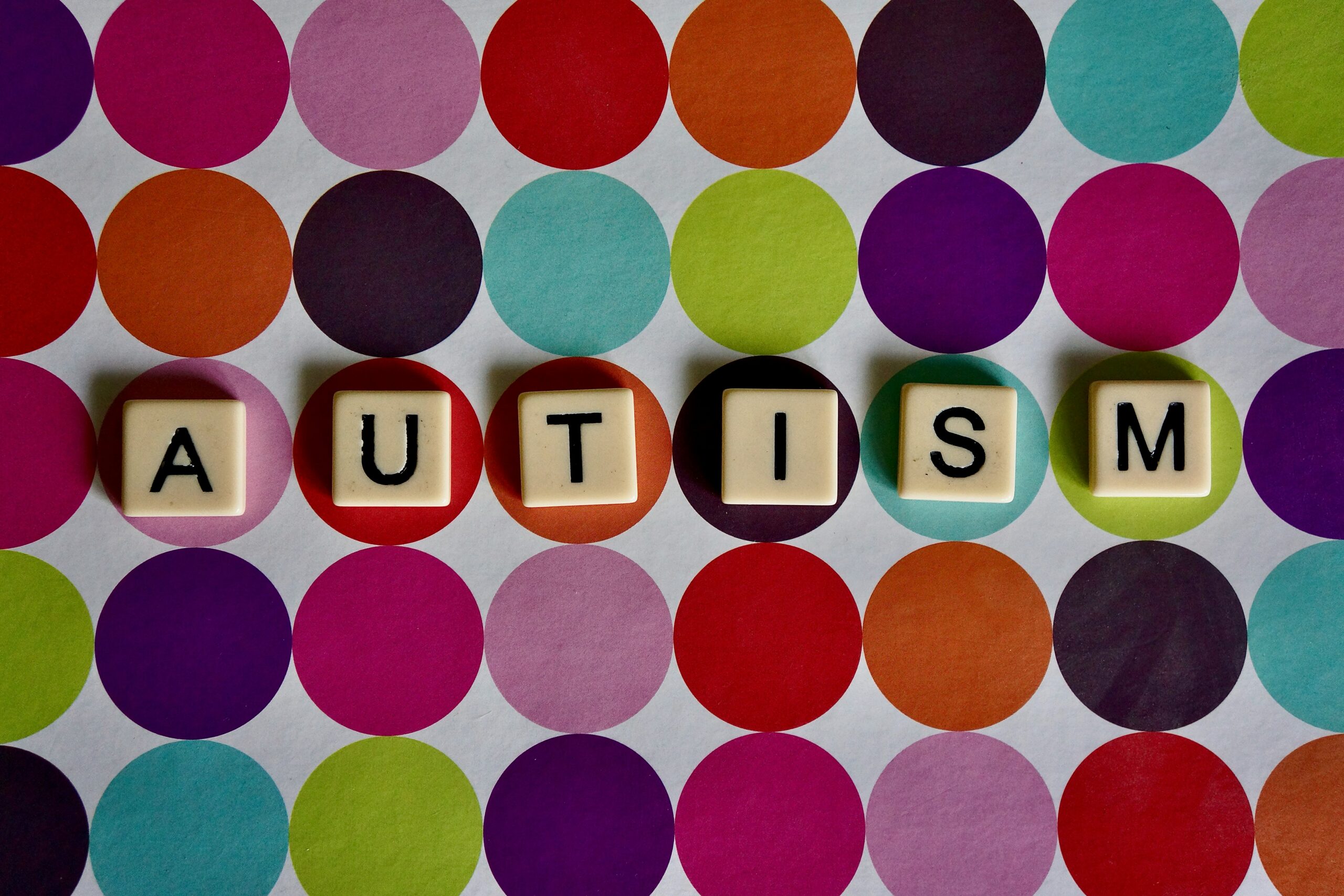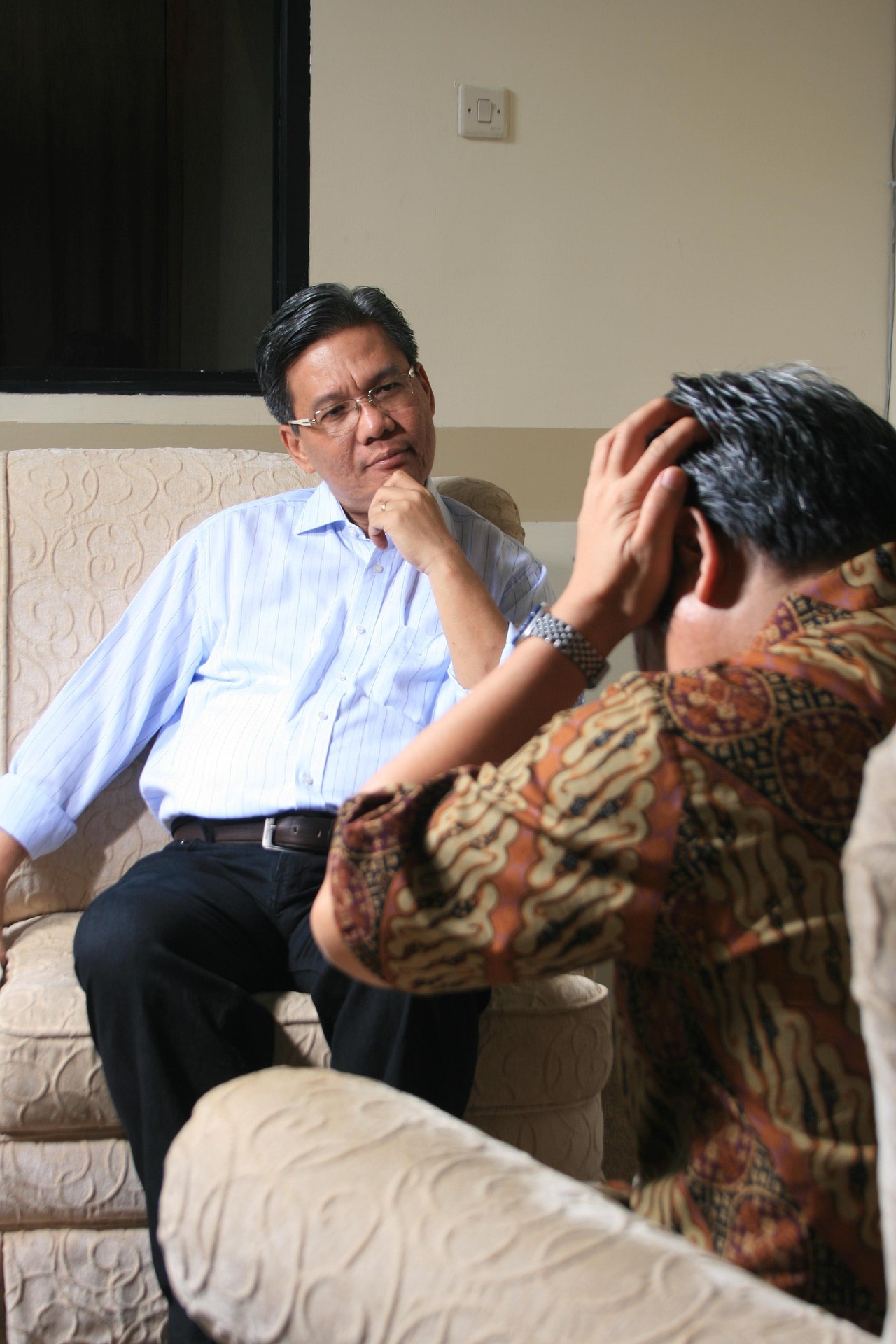 Why Can’t I Stay Focused?
Why Can’t I Stay Focused?
Currently you find yourself struggling with things like sensory overload, social interactions, or feeling misunderstood. Maybe routines help you feel grounded, or certain situations can be overwhelming in ways others don’t always get.
Could these hurdles, and misunderstandings by others make you feel like you are being held back from your full potential? Do you wish you could connect better with others?
No one seems to understand
The world calls you disorganized when really, you just think differently. You feel like you are trying to keep up with a world that runs at a different speed; sometimes too slow for your fast-moving mind, other times too rigid for your free-flowing energy. Expectations like sitting still, staying focused, or following routines that don’t make sense to you can be frustrating, and the pressure to “just try harder” can be exhausting.
You have your unique way of seeing the world, your deep focus on what you love, and the way you navigate a world that often feels overwhelming. Your thoughts, your passions, and the way you process things are all valuable, however others don’t always understand. This is causing you to experience distress as you navigate daily life.
Social norms and unspoken rules might feel confusing or exhausting, and interactions can sometimes feel like a performance rather than a natural flow. Crowds, noises, and unexpected changes can be overwhelming, making everyday tasks more difficult.
Benefits of Counseling?
Counseling at Heart and Mind Counseling help you overcome some of these struggles. Whether through setting boundaries, using coping strategies, and offering support tailored to your unique needs.
Our sessions together will provide strategies to manage stress, anxiety, and sensory overload, helping to navigate overwhelming emotions. Tools for understanding social cues, building relationships, and improving communication in a way that feels comfortable and authentic. Reduce self-doubt, and boost self-esteem, handling sensory sensitivities to managing changes in routine.
Whether it’s school, work, or relationships, counseling can provide guidance on adapting to new environments and expectations. Counseling can provide a safe space to explore feelings, learn new skills, and gain confidence in interacting with the world in a way that aligns with personal strengths and needs.
What Happens in Therapy for Autism?
Our sessions typically focus on building skills, improving emotional well-being, and providing support in navigating daily life.
Here’s what might happen in a session:
Your therapist will create a safe, judgment-free space, allowing you to communicate in whatever way feels best (spoken words, writing, or even nonverbal cues).
We will set personal goals, whether it’s improving social skills, managing sensory sensitivities, handling anxiety, or developing independence.
Your therapists can show you practical ways to manage sensory overload, anxiety, and emotional regulation, such as mindfulness, breathing exercises, or structured routines.
Therapy can also focus on understanding social cues, practicing conversations, or navigating friendships and relationships in a way that feels natural.
For anxiety or depression that is present, cognitive behavioral therapy can help identify negative thought patterns and develop healthier coping mechanisms.
Some sessions may include practicing social interactions, handling unexpected changes, or problem-solving daily challenges.
What Are Some Tools We Use in Therapy for Autism?
1. Play Therapy Platform
Play-based, relationship-focused therapy for adolescent children that helps with social, communication, and cognitive skills.
2. Cognitive Behavioral Therapy (CBT)
This helps manage anxiety, depression, and stress by identifying thought patterns and developing coping strategies.
3. Acceptance and Commitment Therapy
We focus on self-acceptance, mindfulness, and flexibility in handling emotions and challenges.
4. Social Skills Training
Helps you with understanding social cues, conversations, and relationship-building through structured lessons or role-playing.
5. Sensory or Somatic Therapy
This supports individuals with sensory sensitivities or sensory-seeking behaviors to regulate their responses to the environment.
6. Art or Music Therapy
This encourages self-expression, emotional processing, and communication through creative activities
7. Mindfulness Meditation
This helps you improve focus, emotional regulation, and stress reduction by learning to observe their thoughts and feelings without becoming overwhelmed by them.
Frequently Asked Questions
1. What can I expect from Autism counseling?
Counseling is a supportive space where you can work on challenges related to emotions, communication, social interactions, sensory sensitivities, or daily life struggles. It’s tailored to your needs, whether that’s learning coping strategies, improving self-confidence, or navigating relationships.
2. How do I know if counseling will help me?
If you experience anxiety, social difficulties, sensory overload, or struggle with routines and life transitions, therapy can provide strategies and support. It’s not about “fixing” Autism—it’s about making life easier and more fulfilling in a way that suits you.
3. Will my therapist understand Autism?
It’s important to find a therapist with experience in neurodiversity and Autism. A good therapist will respect your unique way of thinking, communicating, and processing the world, rather than trying to change who you are.
4. Can therapy help with sensory overload?
Yes! Therapists can help identify sensory triggers and develop coping strategies, such as sensory breaks, weighted blankets, noise-canceling headphones, or mindfulness techniques.
5. How can therapy help with social skills?
Therapists may use role-playing, social stories, or real-life scenarios to practice conversations, understanding body language, and managing social anxiety in a way that feels comfortable for you.
6. What if I struggle to express my feelings in therapy?
That’s okay! You don’t have to talk if you’re not comfortable—many therapists use alternative communication methods like writing, art, or structured activities to help you express yourself.
7. Will therapy change who I am?
No, therapy is not about changing your personality or masking your Autism. It’s about helping you navigate challenges, build confidence, and live life in a way that aligns with your strengths and needs.
8. Can therapy help with anxiety and meltdowns?
Yes! Therapists can teach emotional regulation techniques, grounding exercises, and ways to prevent or manage sensory overload to reduce anxiety and meltdowns.
9. Is therapy only for kids, or can adults with Autism benefit too?
Autism counseling is for all ages. Adults often seek therapy for workplace challenges, relationships, burnout, or emotional regulation. Therapy can provide lifelong support.
10. How long does therapy take to work?
It depends on your goals. Some people see improvements in a few sessions, while others benefit from ongoing support. The pace is set based on what feels right for you.
You Can Live a Fulfilling Life with Autism
Heart and Mind Counseling therapists will work with you and not against you! It’s about supporting your needs and helping you thrive in a way that fits who you are.
This means embracing your unique way of experiencing the world while creating a life that aligns with your strengths, passions, and needs. It’s about finding environments and people who respect and support you, setting boundaries to protect your energy, and using strategies that help you navigate challenges. Whether it’s deep-diving into special interests, connecting with like-minded individuals, or structuring routines that bring comfort, fulfillment comes from honoring who you are. Life isn’t about fitting into society’s mold—it’s about carving out your own path in a way that feels meaningful and authentic to you. Contact us today at Heart and Mind Counseling so we can help you get here!




